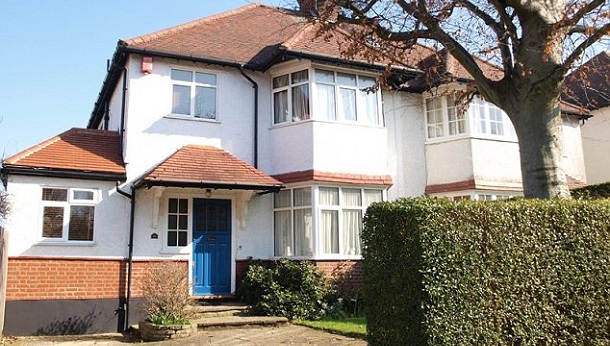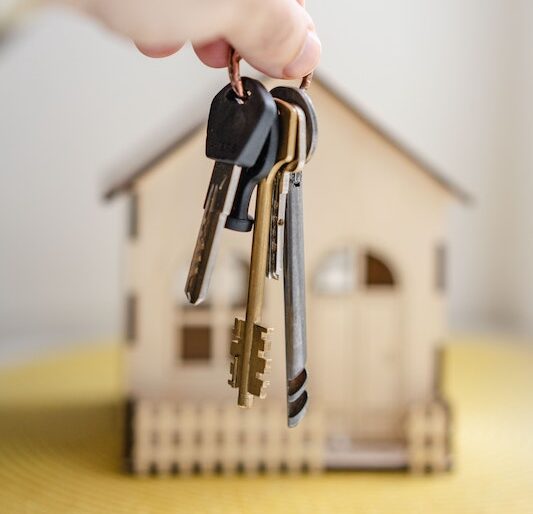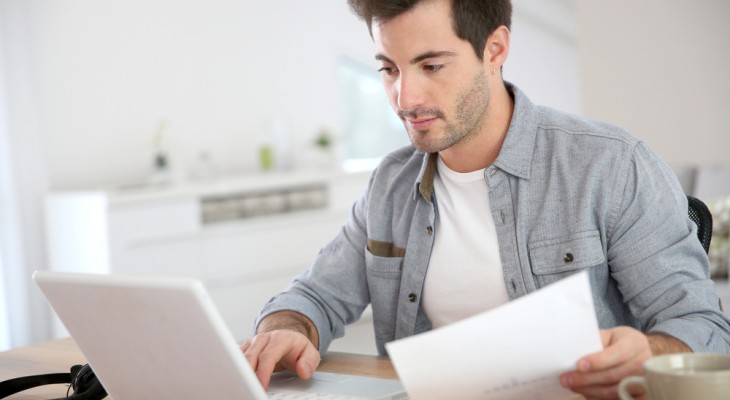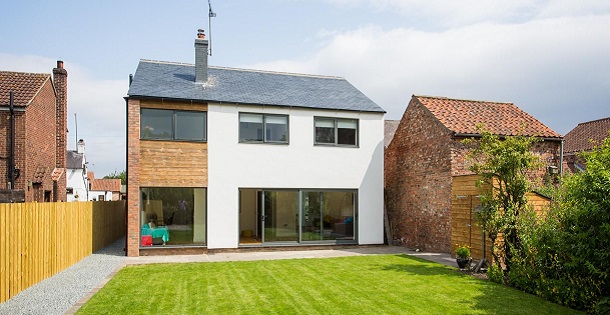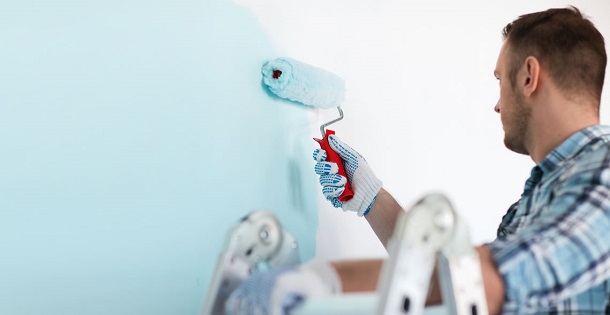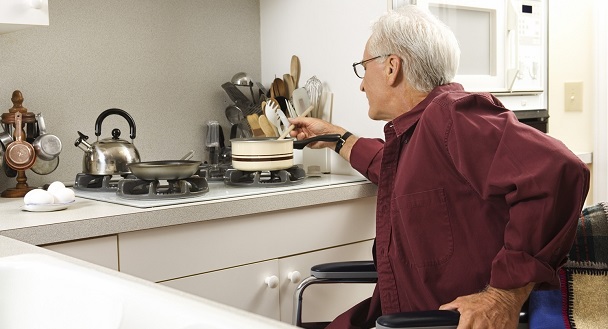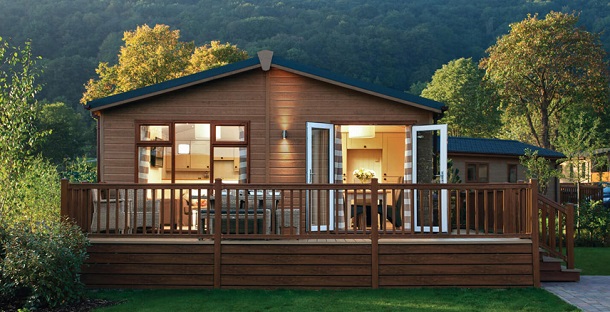
For most people trying to take their first steps on the property ladder, getting the deposit together is the biggest challenge. Saving enough to put down just a 10% deposit can take years, making the idea of owning a home a distant dream for many. With the average UK home now being valued at roughly £307,000, to have a 10% deposit you will need to save at least £30,700.
On top of this, you will need to save more to cover additional costs including legal fees and stamp duty. With the cost of living constantly on the rise, saving such a huge amount to buy a property can seem impossible. There are several mortgages and schemes available that mean you can buy a home with no deposit at all.
Can you get a mortgage without a deposit?
Yes, 100% loan-to-value mortgages are available, but quite hard to come by. These 100% mortgages allow you to buy a property without paying anything upfront so that you can borrow the total value of the property from a mortgage lender. Only a handful of lenders will offer a mortgage with no deposit, and there are some risks involved.
Fifteen years ago, no deposit mortgages were much more common, but during the credit crunch, a lot of these deal disappeared as banks tightened their rules on lending. As house prices have been increasing over the last ten years, no deposit mortgages have made a reappearance but are still very rare.
Most mortgages have a loan to value (LTV) of 90% because they cover 90% of the purchase cost, and the deposit pays the other 10%. A mortgage without any deposit is known as a 100% LTV mortgage because they cover 100% of the purchase price.
What are the risks involved with 100% LTV mortgages?

One of the biggest risks to be aware of if you are considering a no deposit mortgage is that you could end up in negative equity if house prices fall. Negative equity means that you owe more on your mortgage than the value of the property itself, and it can cause serious issues if you want to move to a new house or are struggling to make the payments.
Many mortgage lenders will charge higher interest rates on 100% LTV mortgages than they would on mortgages with a 10% or even 5% deposit. This is because of the risks involved in a mortgage with no deposit, so in the long run, you can expect to pay out significantly more.
The best mortgage for you completely depends on your own situation and circumstances. It is important not to overstretch yourself financially, and always take into consideration the other costs involved in owning and buying a home such as stamp duty fees and ongoing maintenance costs.
What is a guarantor mortgage?

Another option for buying a home without a deposit is to seek help from family or friends with a guarantor mortgage. Guarantor mortgages can be great if you don’t have any deposit to put down, have a low credit rating or don’t meet the affordability criteria for a mortgage.
If you have a family member or close friend who is willing to help you buy a home, they can be a named guarantor on your mortgage, although this does mean that they take on some risks. If you fail to make your mortgage payments, they will be liable to pay the debt, and it could be secured against their home or their savings.
Most guarantor mortgages mean that they are liable for the mortgage costs until the debt falls to a certain level, usually around 80% of the property value. Once this much has been paid, they will no longer be the guarantor, and you will be responsible for your mortgage alone.
It is possible to get a 100% LTV mortgage with a guarantor, but in most cases, they will have to use their own home as security. This could mean their home would be at risk of being repossessed if you don’t keep up with your mortgage payments.
If you choose to get a guarantor mortgage, make sure your guarantor is fully aware of your entire financial situation and all of the risks that they face by being a guarantor for you. They should be happy with the fact that if you fail to make your repayments, their home may be at risk of house repossession if they are unable to meet the mortgage repayments and fall into financial difficulties.
It is vital to talk through every situation, so you are both on the same page and have a plan in place beforehand if you begin to struggle with the payments.
